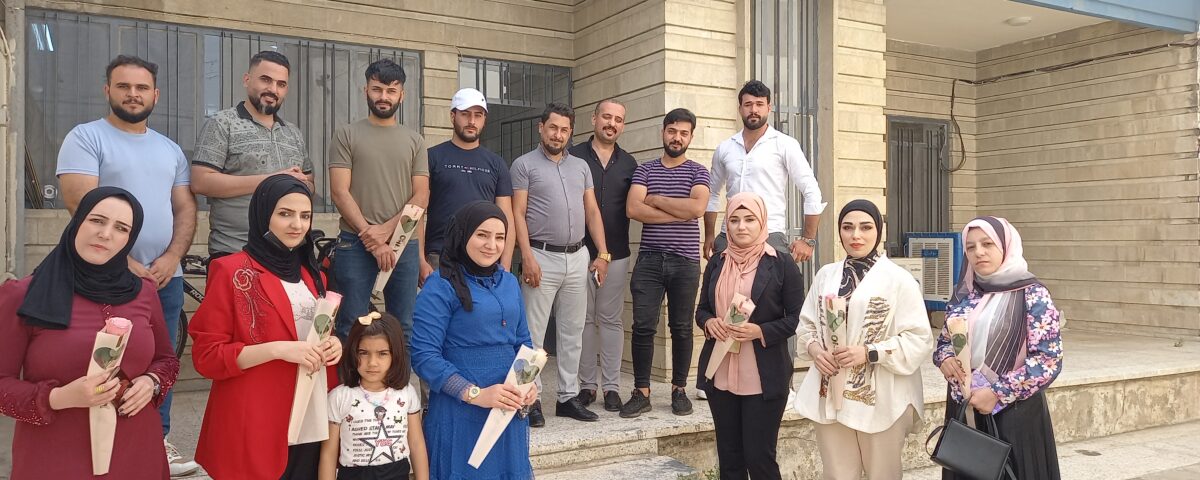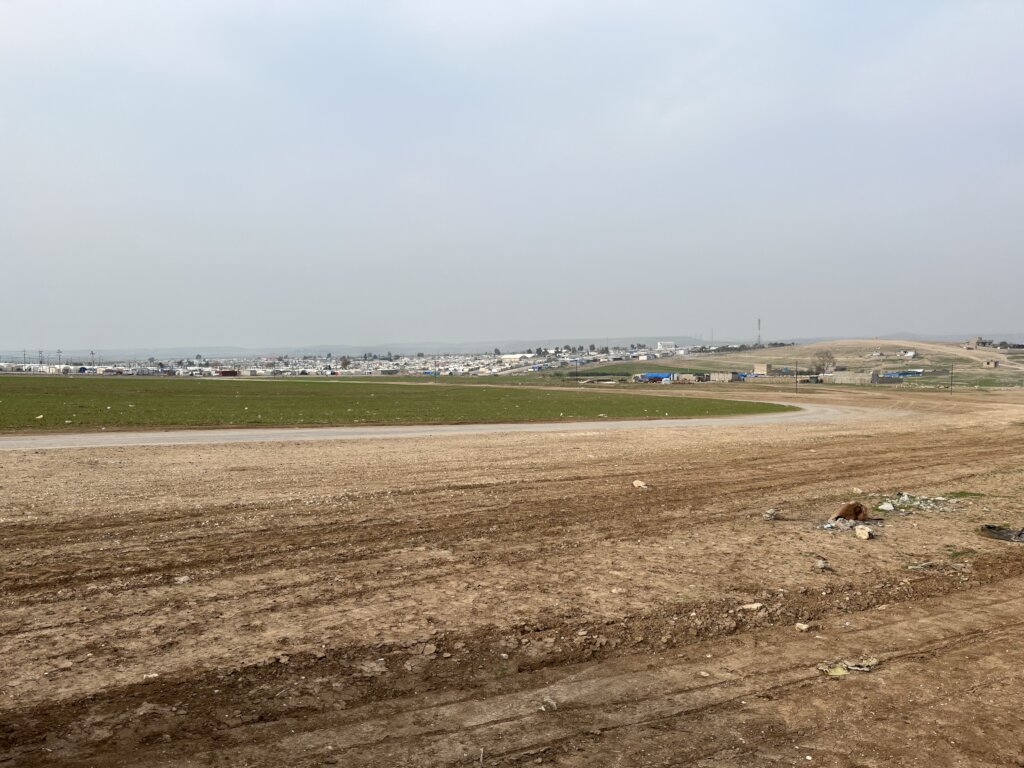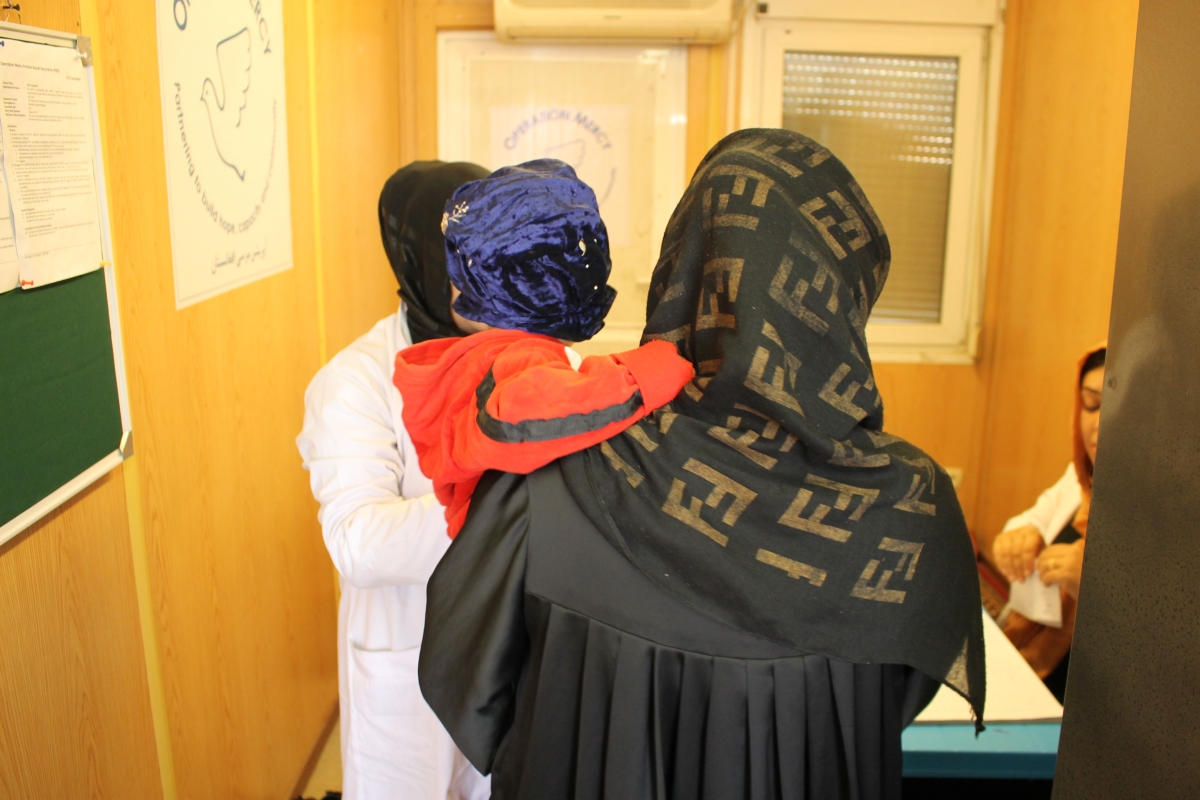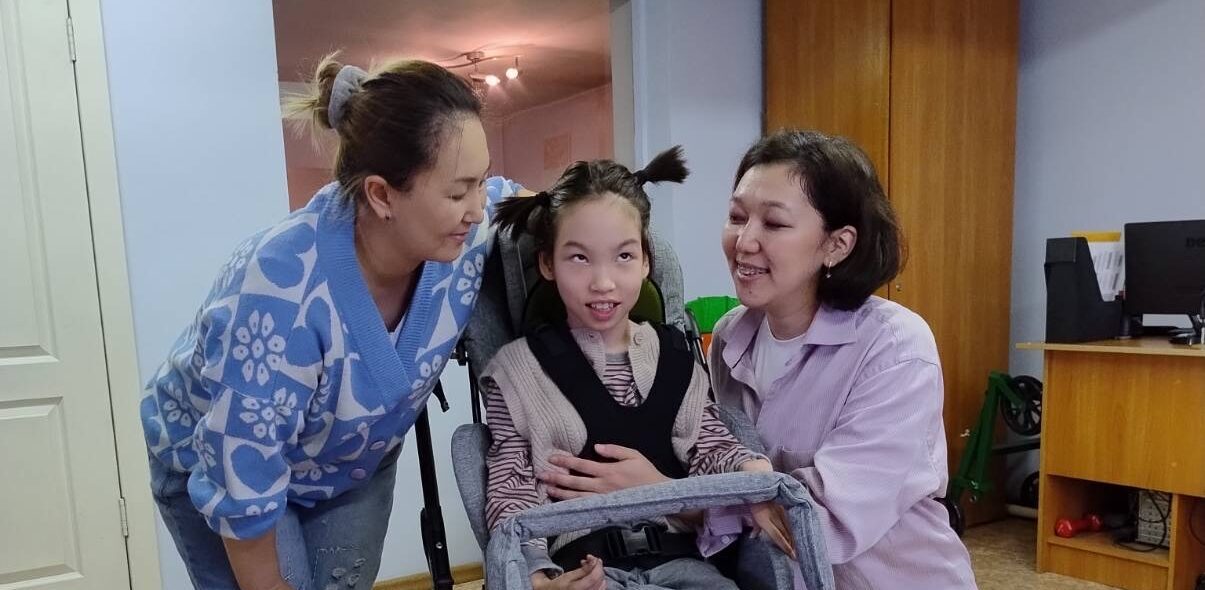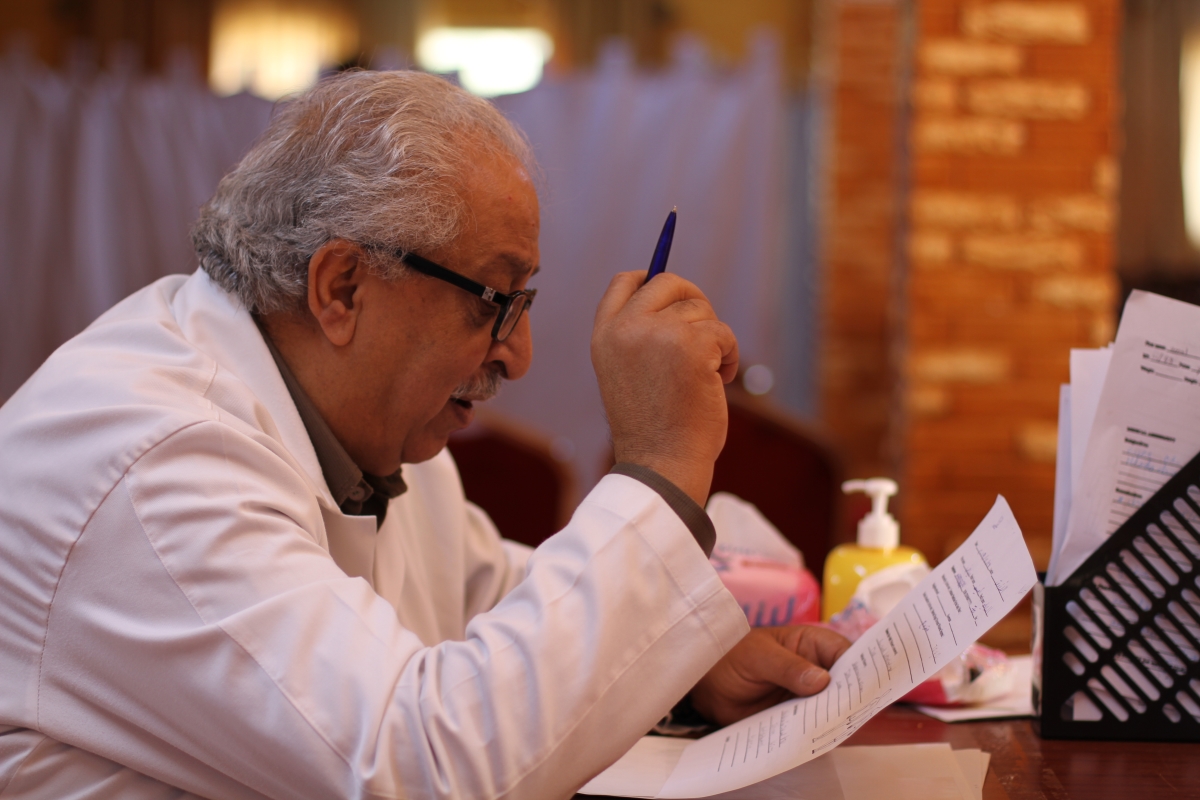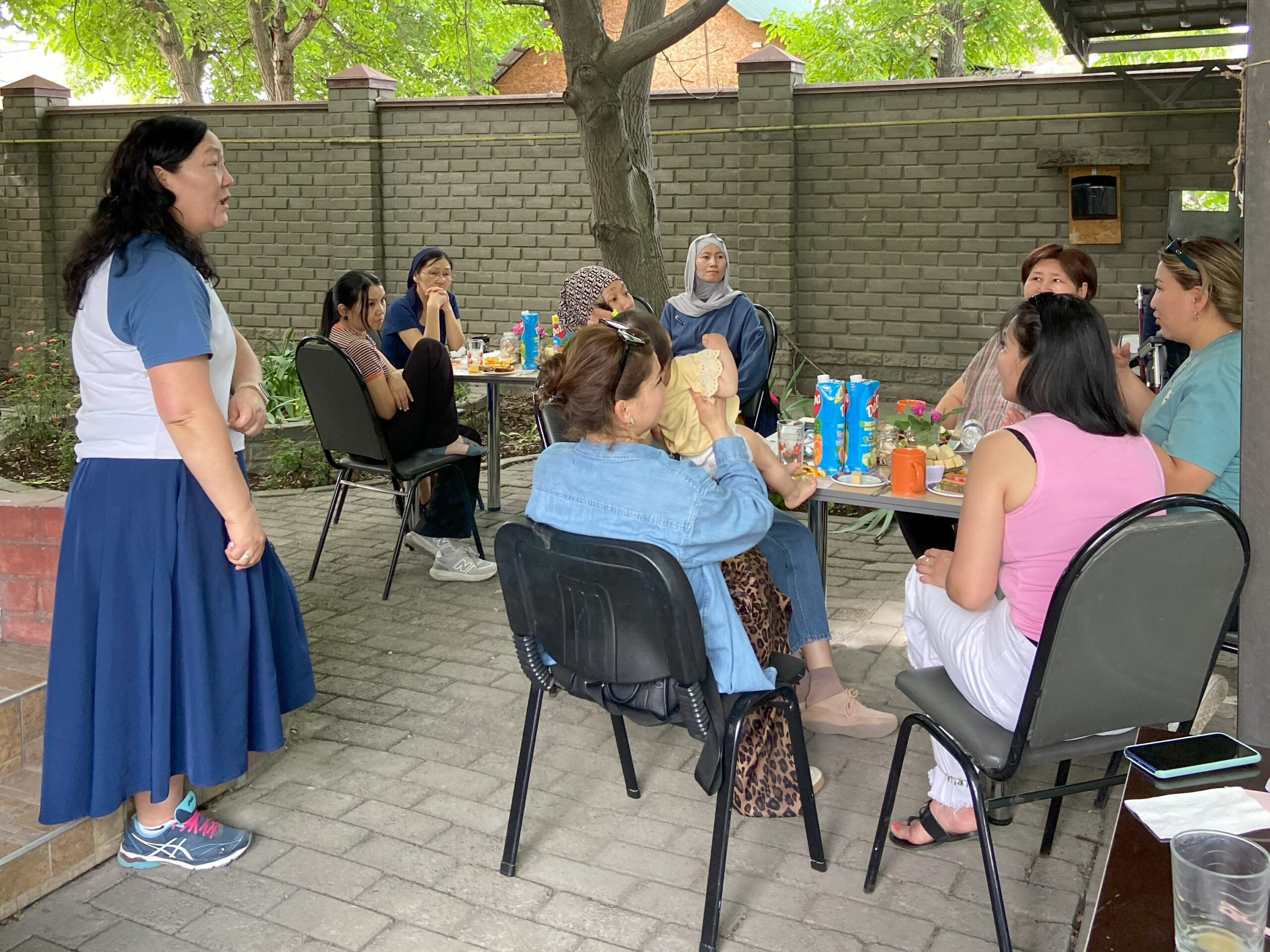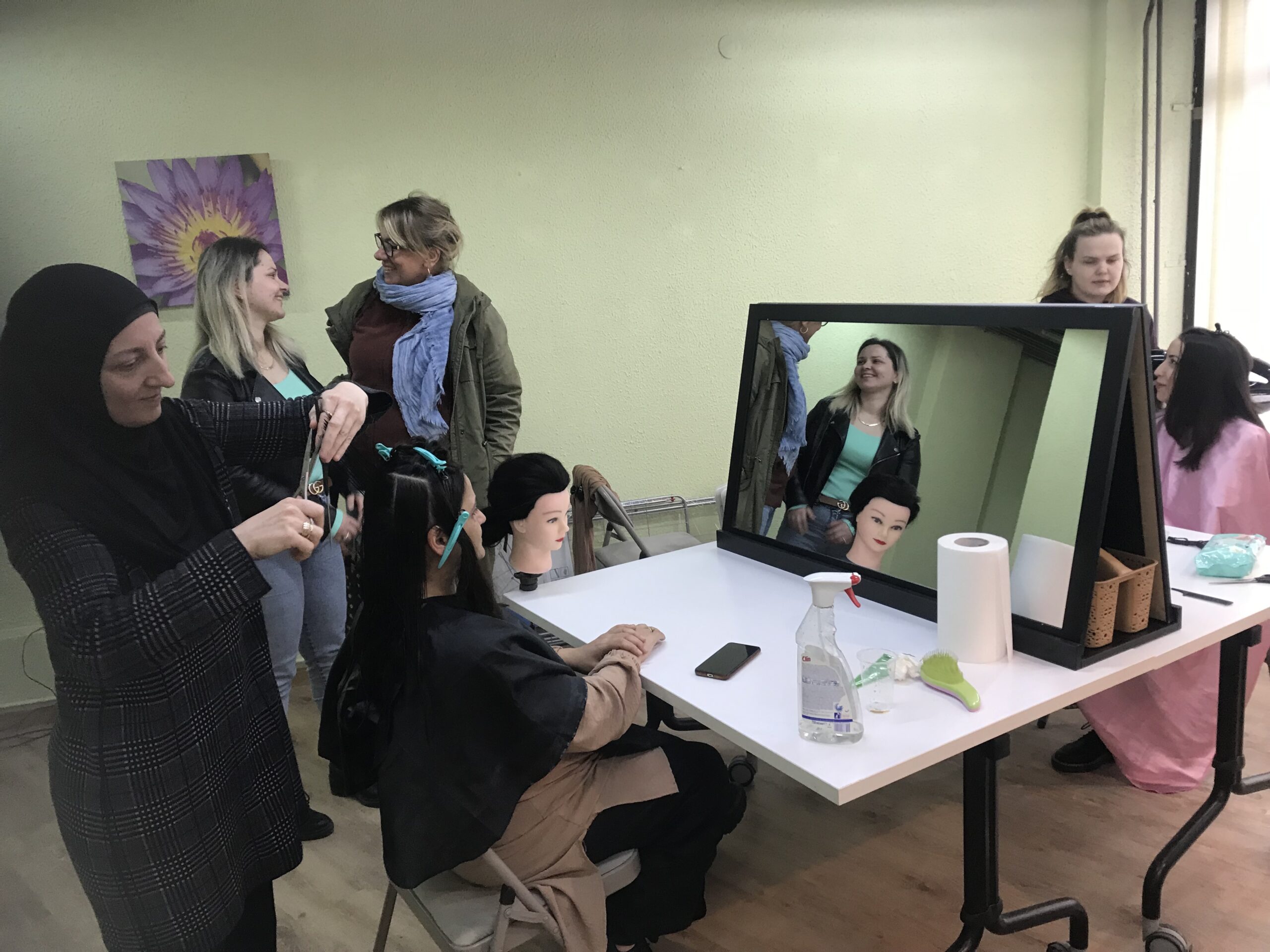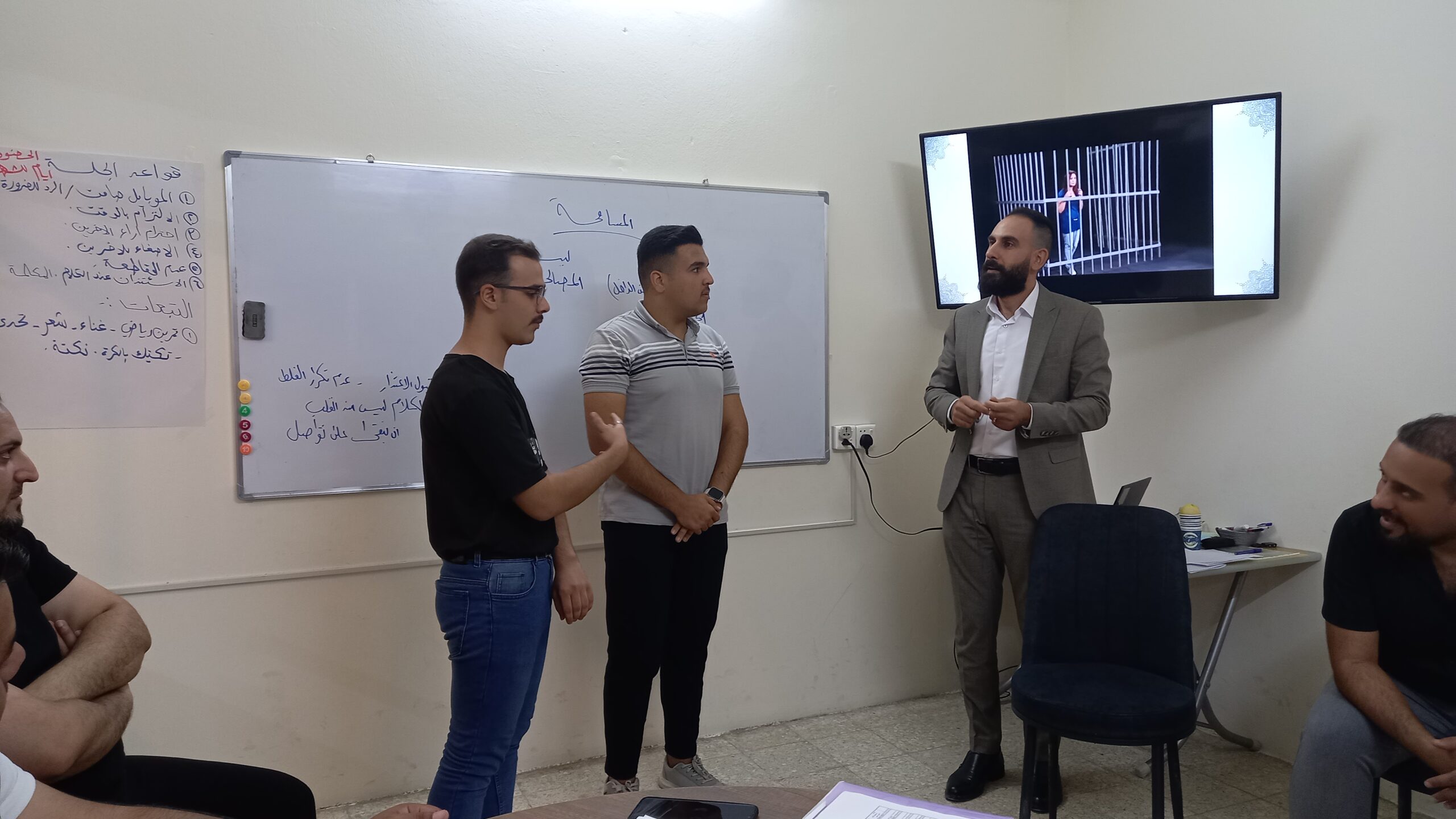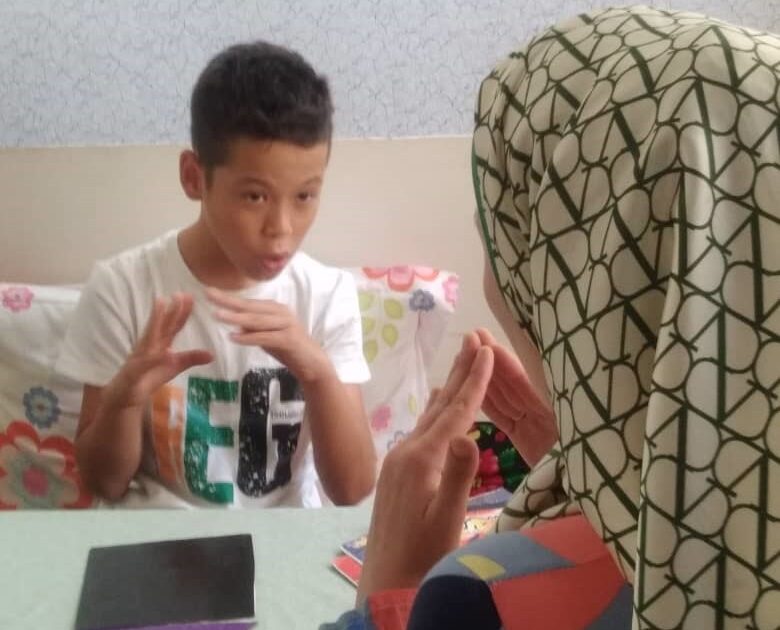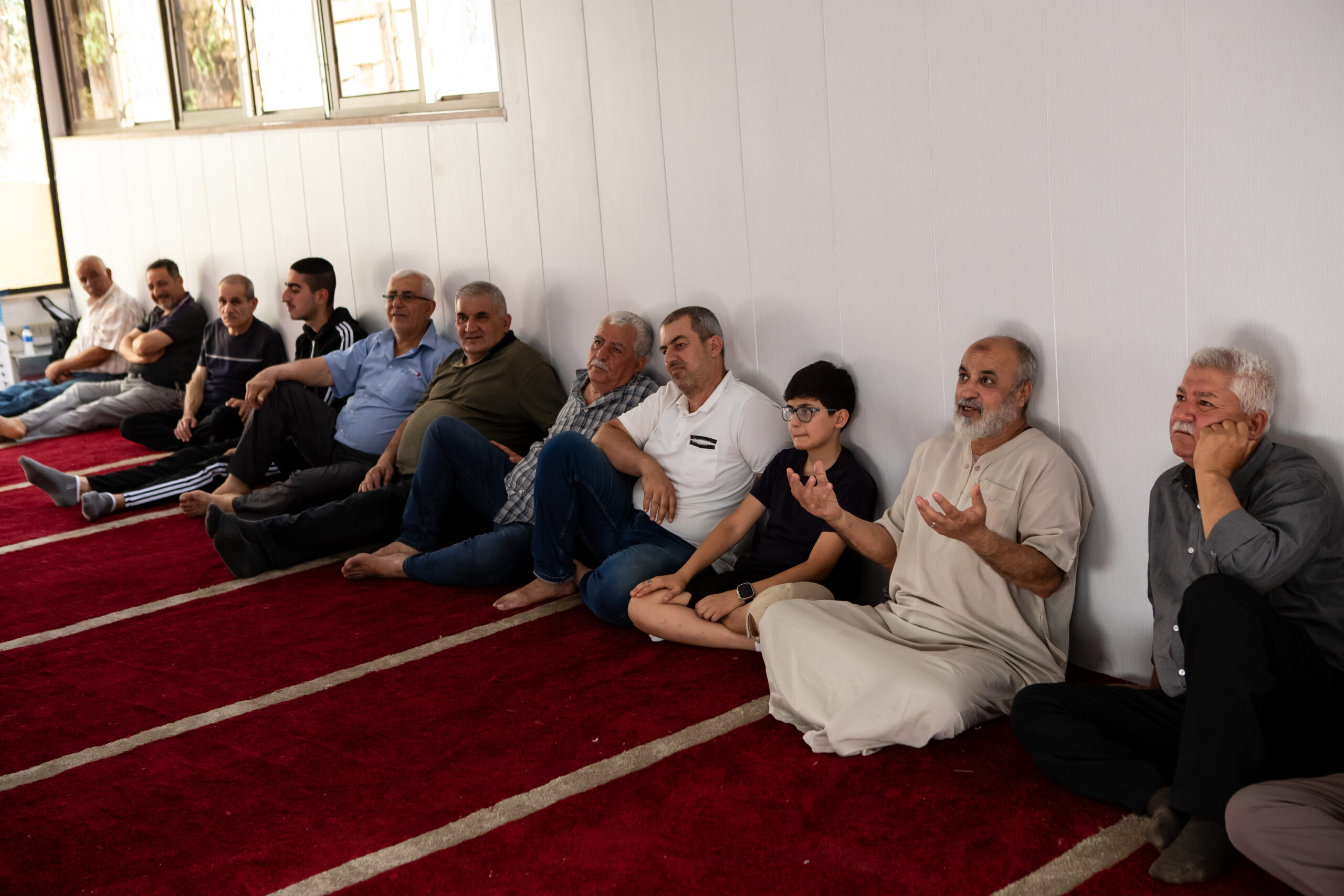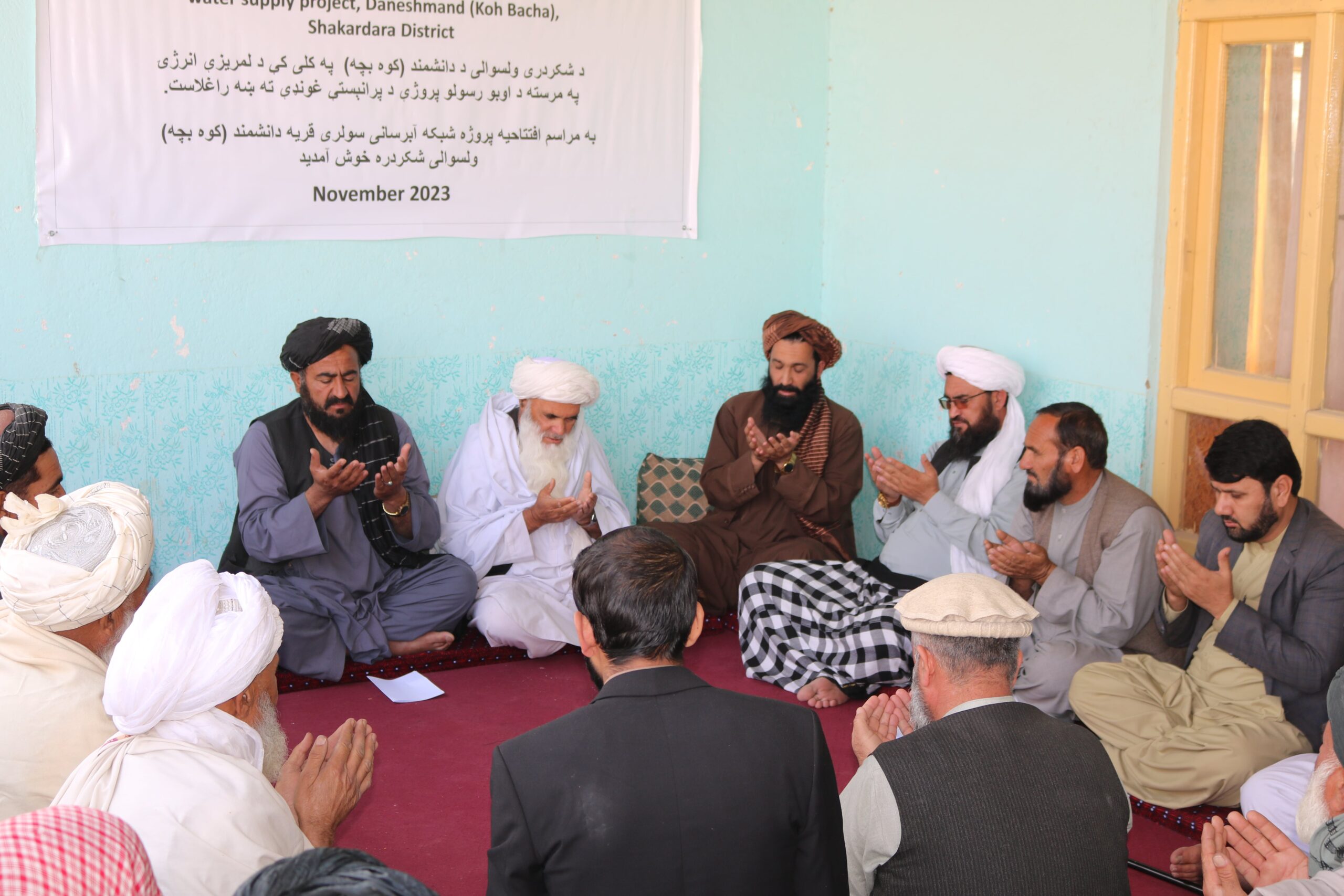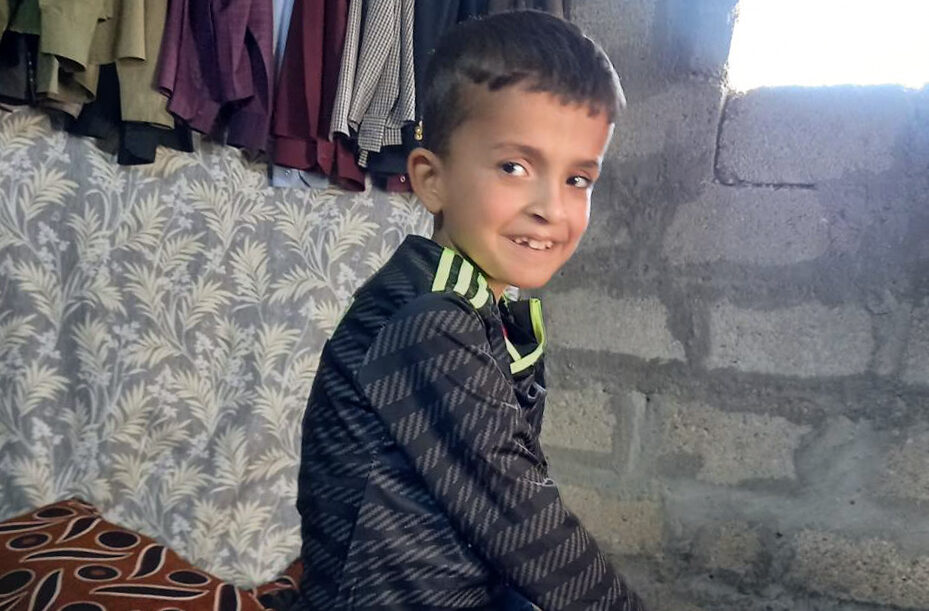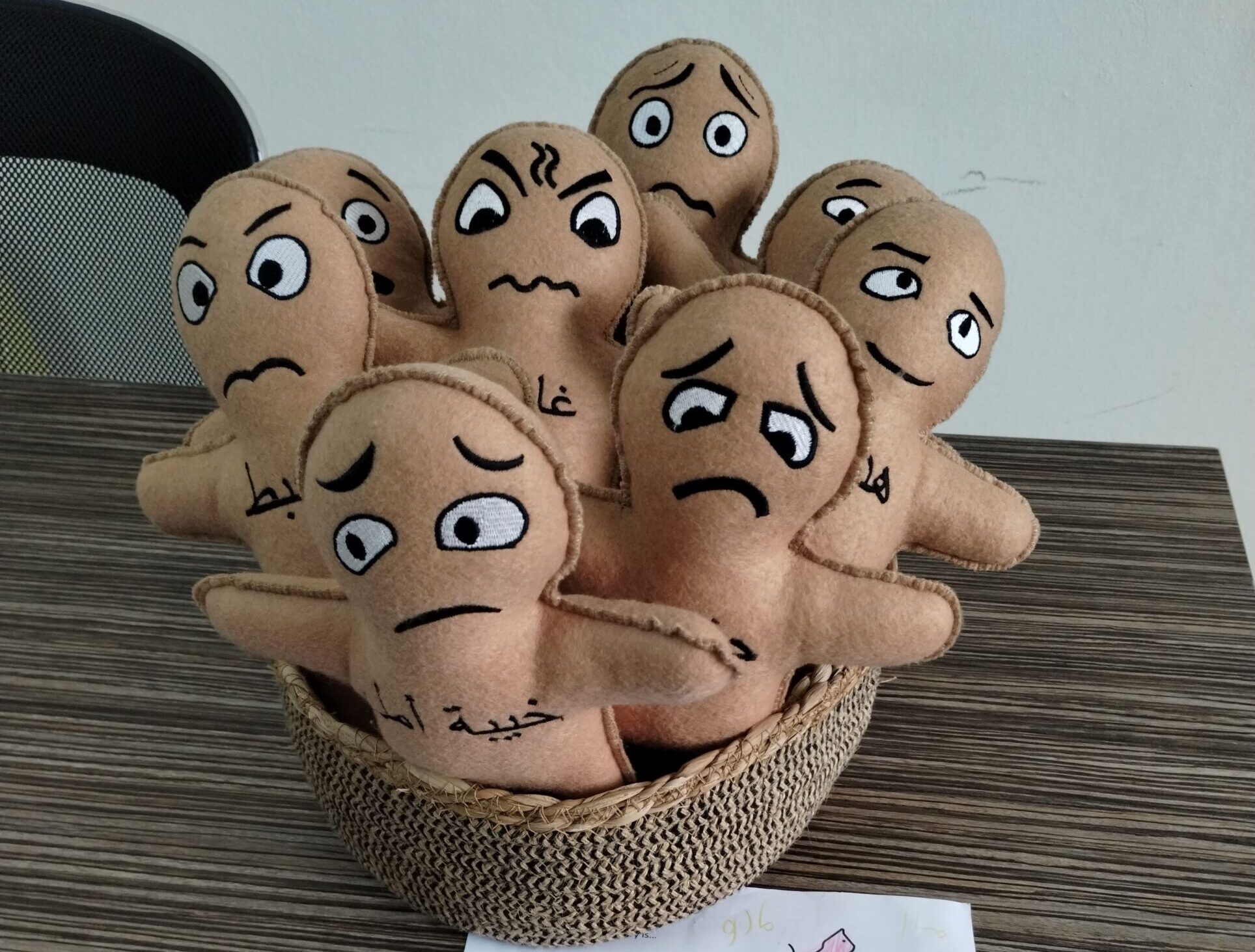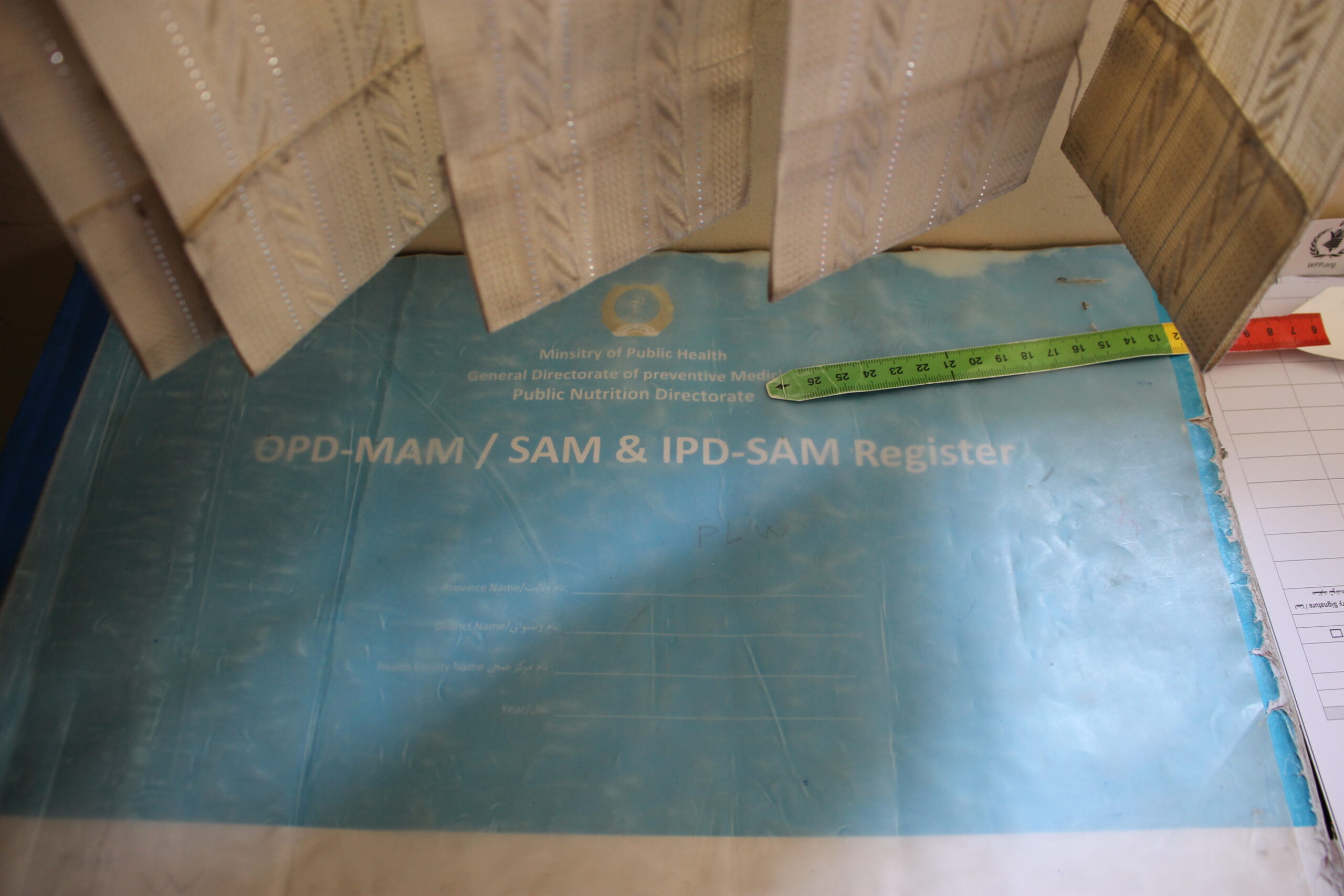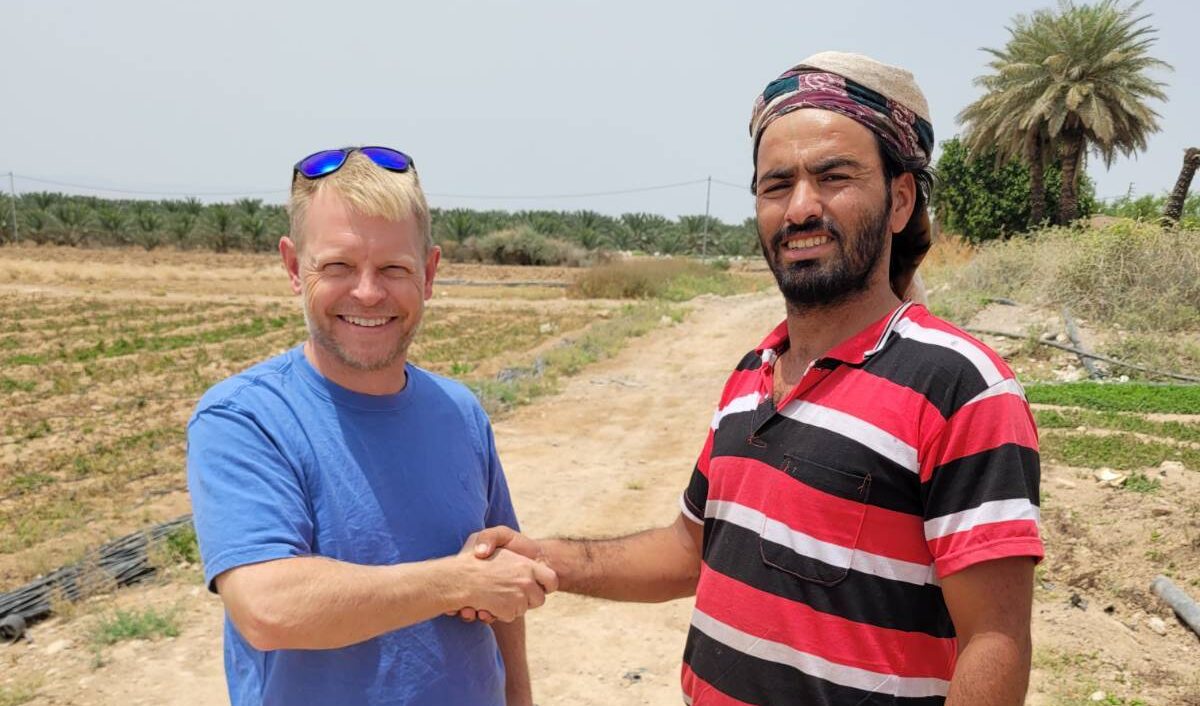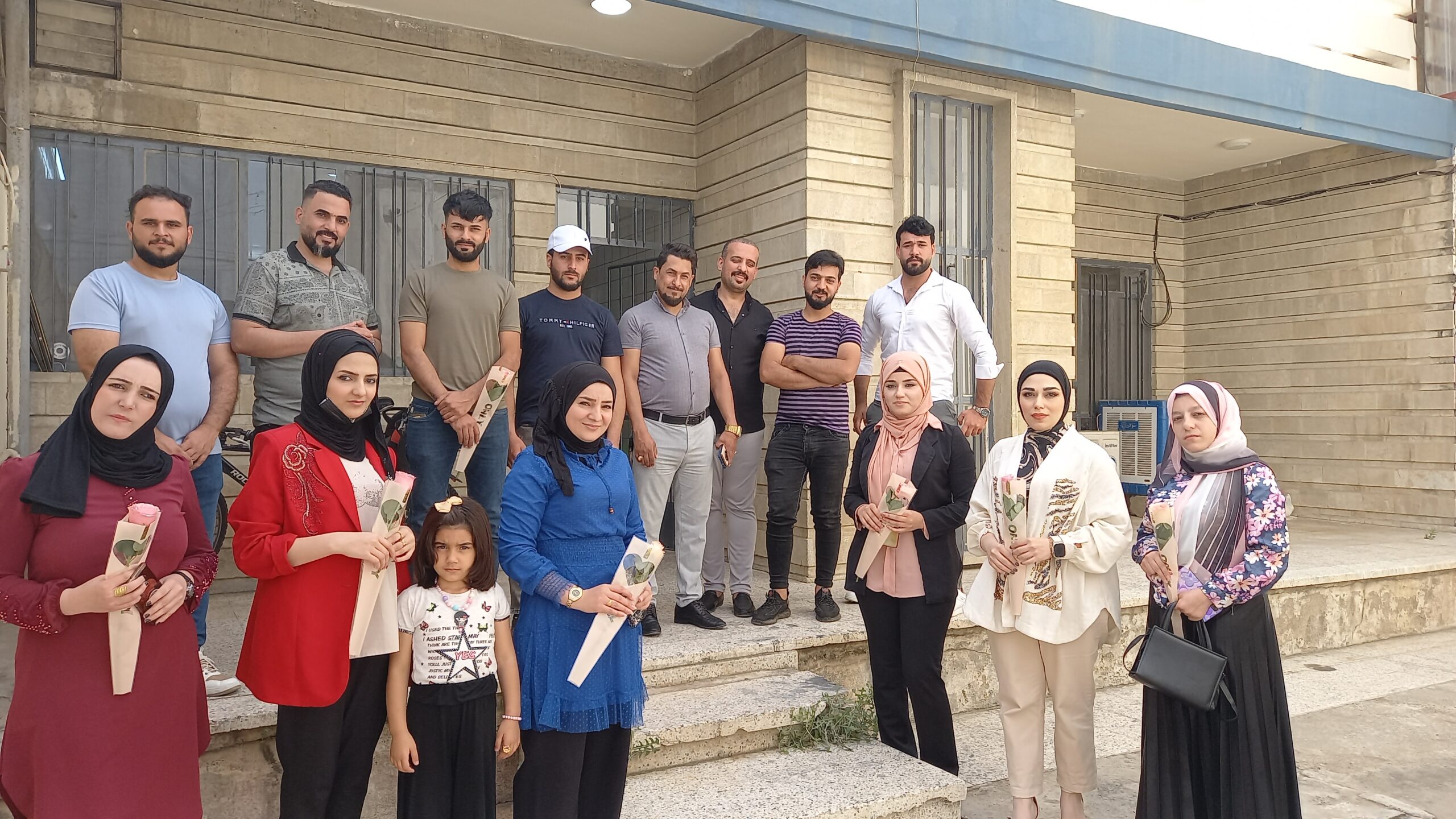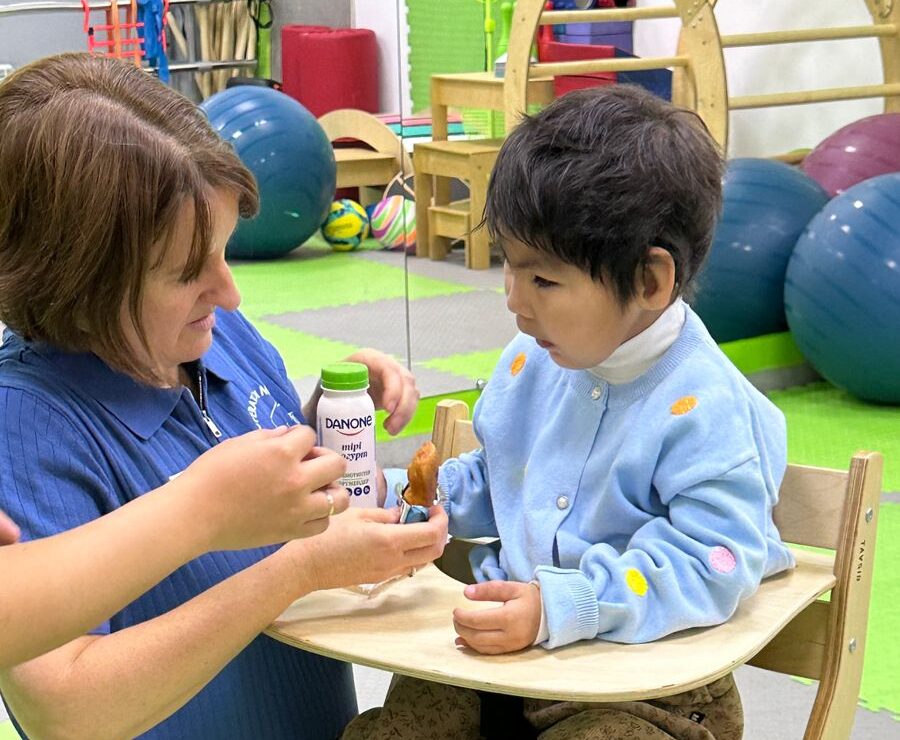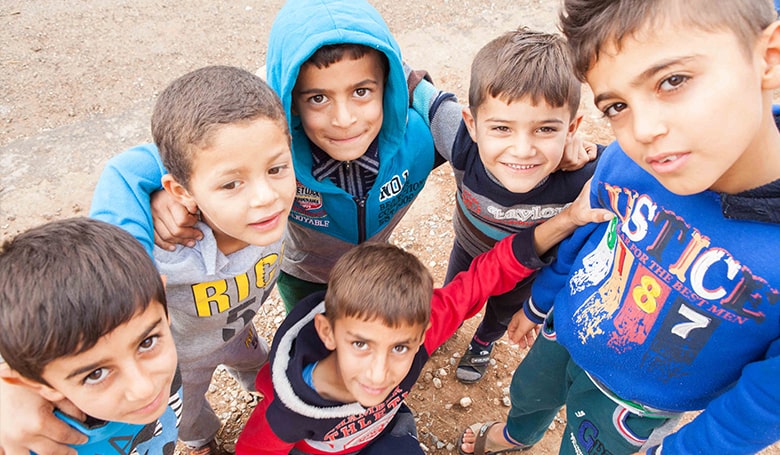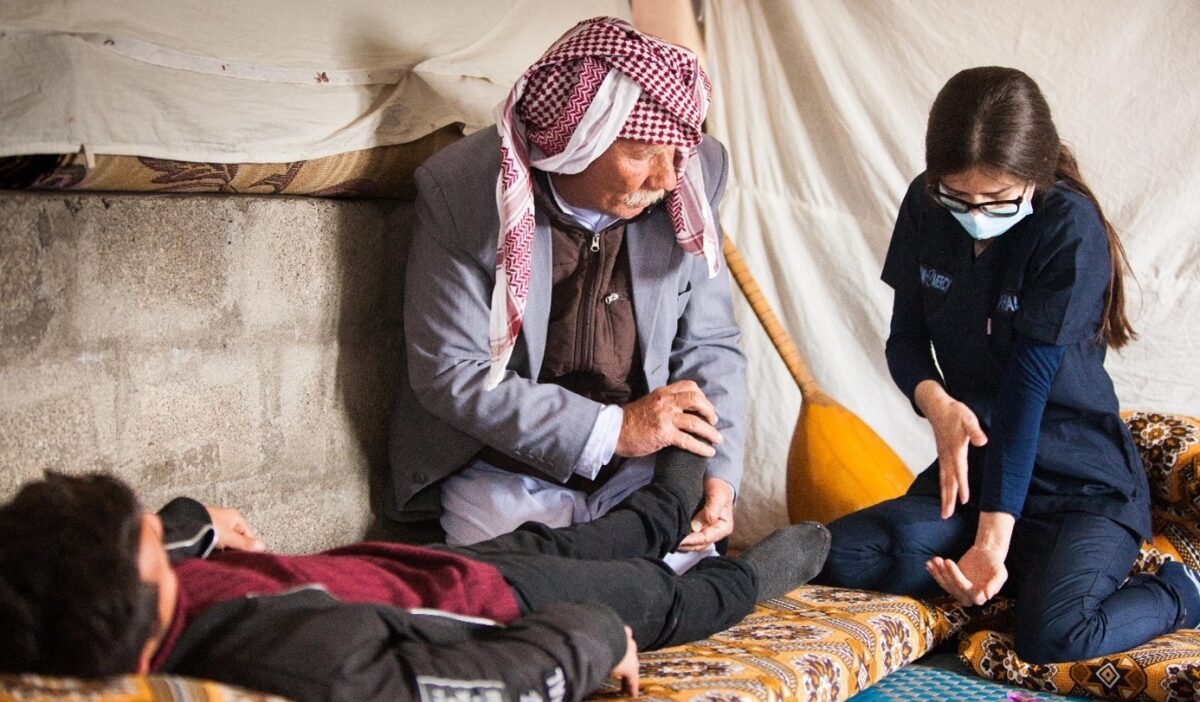While attending a character development training, Heba was reminded of a past conflict with her manager and close friend at work. Once, while her manager was traveling, Heba had overstepped her role. Understandably, the manager was very upset upon returning and scolded her. Heba stayed silent at the time, knowing she was in the wrong. However, during the training, she felt convicted that she needed to apologize.
On the final day of the training, in front of all the participants, Heba picked up her phone and called her manager. She apologized and asked for forgiveness, saying: “You are like a sister and a family member to me—not just a manager. Please forgive me for what I did wrong, and don’t stay disappointed in me.”
Her manager accepted the apology. Coincidentally, she had attended the exact same training the week before and had experienced the power of forgiveness firsthand. In fact, she had been the one to recommend that Heba participate in the training.
In an honor-and-shame culture, admitting one’s mistakes and offering a public apology is extremely difficult—and very rarely done. Forgiveness is also uncommon; people often avoid the issue or stop speaking altogether. Heba’s courageous public apology brought tears, cheers, and applause from the other participants in her group.



